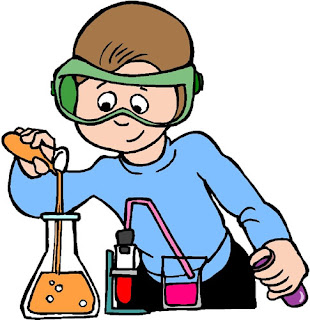Some Topics That Every Textile Engineers Should Have To Know
One of a boy yesterday asked me that if I want to be a Textile Engineer what the lessons I must have to be acquainted?
I told him some of the crucial topic name and except these it’s not possible to be a Good Textile Engineer.Ok let me tell you now what the lessons that you may need to know:
In The Category of Applied Chemistry:
1. Estimation & Removal of water hardness.
2. Soap, Detergent & their synthesis, properties and application.
3. Chemistry of acids, alkalis, salts, oxidizing and reducing agents, catalysts, textile chemicals and their uses in Textile wet process technology.
4. Organic textile auxiliaries & their nomenclature and purchase.
5. Special pretreatments.
In the Category of Dyeing:
1. Theory of Dyeing.2. Physico-Chemical aspects of Dyeing Process.
3. Theory of Dyes diffusion.
4. Adsorption Isotherms.
5. Pigments dyeing.
6. Natural Dyes & Natural Dyeing.
7. Metal Complex Dyes and their application.
8. Dyeing problems and their solution.
In the Category to Printing:
1. Theory of Textile Printing.2. Production of Printing Thickeners & Pastes.
3. Details of Screen Printing (Design Selection, Screen Preparation, Printing).
4. Rotary Screen Printing in details.
5. Printing problems and their recoveries.
In the Category of Finishing:
1. Woven Finishing (Soil release, Stentering)2. Knit finishing.
3. De-watering or removal of excess water.
4. Drying Systems.
5. Steaming Unit.
6. Curing Unit.
7. Compacting.
8. ETC.
What Type of Textile Chemist Is Required For A Textile Industry?
Some works in a textile industry at washing plant, dyeing floor, and wet processing can not be properly done in case of absence of a Textile Chemist. The main act is usually be carried out by the textile chemist and except him or her none can accomplish it.

Textile Chemist
A Textile Engineer must be able to manage or govern a Chemical Plant as a Textile Chemist better than a non-technical person. Because, during the academic period a textile engineers has to study about chemistry, mathematics, physics, statistics, accounting, management along with the basic Textile Related ( Spinning, Weaving, Knitting, Dyeing, Printing, Garment or Apparel, Textile Washing & Machines ) subjects. He elaborately learns about the chemical bond of dye, water & fibres. He also knows how much strength a yarn or fabric can have and how much chemical should have to use on this matter.
So it is recommended to recruit the Textile Engineers as a Textile Chemist instead of traditional, so called non-technique persons for more productivity & higher quality.
A Textile Chemist must have the following characteristics:
1. Well-known to the Chemicals:
It is a “Must Have” type characteristic that a textile chemist should have to aware of.2. Well-known to the Different Textile Processing:
It is seen that, the personnel who are basically recruited as a textile chemist from the general educational institutions upon the basis of experience. And this person becomes experienced by doing jobs in a particular section on different industry. In this sense, the Textile Engineers are absolutely qualified as they have to learn all of the subjects (Processing) related to the textile productions which is mentioned above.3. Familiar with the Marketing World:
A textile chemist is just not only for chemical treatment to the textiles but also responsible to take care of the chemicals as how it can be stored and where it can be imported from. So it is necessary to have enough personality to make a negotiation with the chemical exporters outsides of the industry.What more do you think? If you have any thoughts about “what type of qualification a textile chemist should have”…you can tell me here by commenting. Thanks.


Post a Comment